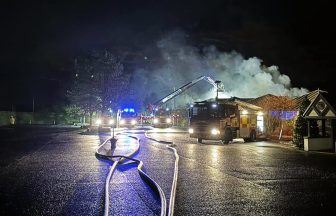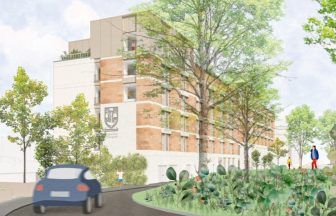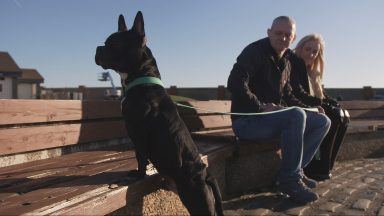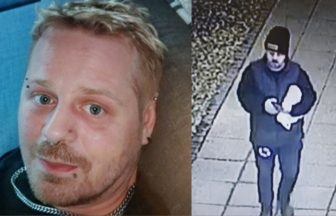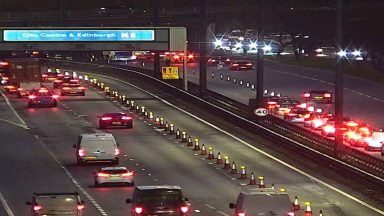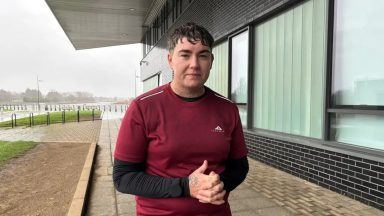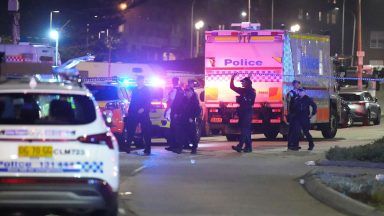Increasing numbers of women and young children are likely to be victims of “hidden homelessness” as a result of domestic abuse, a charity has warned.
SAY Women, a group based in Glasgow, believes that women are often forced to leave their home and move multiple times to establish their own safety as well as their child’s, as a result of abusive relationships.
The organisation, which was set up in 1991 and offers safe semi-supported accommodation and emotional support for young women aged 16 to 25 who are survivors of sexual abuse or rape, says that in Scotland domestic abuse is still the main cause of women’s homelessness.
They now share Shelter Scotland’s fears, who estimated that over 8500 children would wake up homeless on Christmas morning this year.
A spokesperson from SAY Woman, said: “We expect this figure to be an underestimation due to the nature of child sexual abuse – a hidden and historically taboo crime.
“Research has recognised the complex needs of young women in this position and the high risk of ongoing targeting from perpetrators due to their vulnerable circumstances.
“Homelessness has been viewed as a typically male problem with the dominant image of homelessness being the single, street-homeless male. Over the last few years, several policy initiatives have been undertaken to prevent and end rough sleeping and homelessness. However, women have been largely invisible in these developments.
“Moreover, evidence indicates that though men are over-represented in homeless statistics, women’s homelessness is more likely to be ‘hidden’ and therefore over-looked.”
Meanwhile Scotland’s Women’s Aid has been pressuring the Scottish Government to improve housing outcomes for women and children experiencing domestic abuse while exploring options for a dedicated fund to support women leaving an abusive partner.
Women’s Aid has recommended that this should include essential crisis costs to enable a woman to leave and to bridge the gap between leaving their partner and receiving their first Universal Credit payment.
Another commitment from the Scottish Parliament came in the form of the Domestic Abuse Protection (Scotland) Act 2021, which granted police and courts power to remove abusers from the home and gave social landlords greater control to transfer tenancies to a victim-survivor, upholding a woman’s right to remain in her home.
But the charity says the act is still to be put into practice.
Dr Marsha Scott, Chief Executive of Scottish Women’s Aid, said: “We know the Scottish Government shares our goal of ending men’s violence against women, but we are concerned that the needs of women and children experiencing domestic abuse have slipped down the priority list.
“Many women’s experiences of domestic abuse are directly tied to their experiences of poverty and the threat of destitution.
“Children’s and women’s needs must be a headline in Scotland’s response to the cost of living crisis, not a footnote explaining why they are an afterthought. Strong leadership and a demonstration of political will are required– we’re calling on the Scottish Government and parliament to keep the promises they’ve made to women and children experiencing domestic abuse and take urgent action on practical steps that will help them.”
With the Christmas holidays approaching, Glasgow City Council has confirmed that robust arrangements are in place to support any household seeking homelessness assistance during the holiday period.
A spokeswoman said: “The council’s Homelessness Services provides a 24 hour service 365 days a year.
“All community homelessness service offices and Health and Social Care Connect will be open during normal business hours, excluding the public holidays.
“Our out of hours emergency social work service will deal with any requests for homelessness assistance from any household, including people experiencing domestic abuse. Our out of hours emergency social work service also operates out with normal office hours.”
In November homeless death figures for Scotland were published by the National Records of Scotland where it estimated that 250 people died while experiencing homelessness last year.
Glasgow had one of the highest levels of estimated homeless deaths in the country with more than 118 victims in 2018 up from just over 80 in 2017.
In West Dunbartonshire there were just over 67 estimated homeless deaths in 2021 compared to 80 in 2017 and 196 in 2020.
Following the release of the figures SAY Woman shared concerns that “visible homlessness” cases, which include rough sleeping, staying in homeless hostels and declaring yourself homeless to the local authority, are more likely to make up these statistics.
The charity argues that many homeless people don’t fall into this category meaning there is hidden homelessness not showing up on official figures with women more likely to conceal their homelessness meaning they are overlooked in statistics.
Their spokesperson added: “Covid-19 also highlighted a ‘shadow pandemic’ of violence against women and research has shown that all types of violence against women and girls, particularly domestic abuse, intensified.
“Violence is endemic in women’s homelessness and is understood to be both a cause of homelessness as well as a risk that comes as a result of homelessness, which may perpetuate a woman’s homelessness.
“Globally we currently understand that 1 in 3 women will experience gender-based violence and 1 in 8 women will experience sexual violence in her lifetime. This is inextricably linked to women’s homelessness.”
Dr Scott added: “It has always been true that leaving is dangerous and the cost of leaving an abuser can mean life. When women decide to leave they are making a very complicated decision.
“This is an emergency and needs to be addressed immediately.”
In June 2018, West Dunbartonshire Council established its zero tolerance policy for domestic violence which introduced a range of support for victims including immediate access to practical help and legal assistance following any instance of violence in a council home.
Using anti-social behaviour powers and housing legislation, the council initiative also supports victims to remain in their home, while the perpetrator is removed and stopped from returning.
A West Dunbartonshire Council spokesman, said: “We remain committed to tackling perpetrators of domestic abuse and our teams work closely with partner agencies including Women’s Aid and Police Scotland to support to those affected by abuse.
“Since becoming the first local authority in Scotland to adopt the No Home For Domestic Abuse policy in 2018, the initiative has played a key role in avoiding instances where women and children could be forced into homelessness by fleeing an abusive situation. By removing the perpetrator and using legal powers to stop them from returning we can ensure that those who experience abuse can continue to live in their homes safely.
“We would encourage anyone who needs support to contact us or one of the many local agencies where professional help is readily available.”
More information can be found here.
In Glasgow, the Overnight Welcome Centre is open until March 31 and staff are there to assist anyone who needs help finding a place to stay.
More information can be found on the council’s website.
Scottish Women’s Aid also has a helpline for anyone experiencing domestic abuse. It is available 24/7 for anyone, of any gender or sexuality, who wants support around domestic abuse.
Those in need can call on 0800 027 1234 or email and web chat here.
Follow STV News on WhatsApp
Scan the QR code on your mobile device for all the latest news from around the country


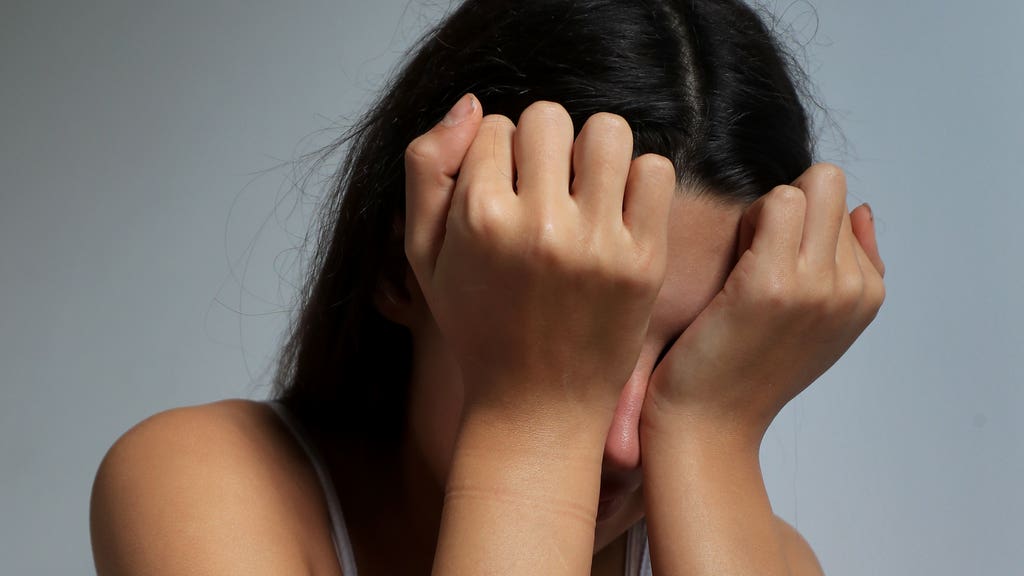 PA Media
PA Media




